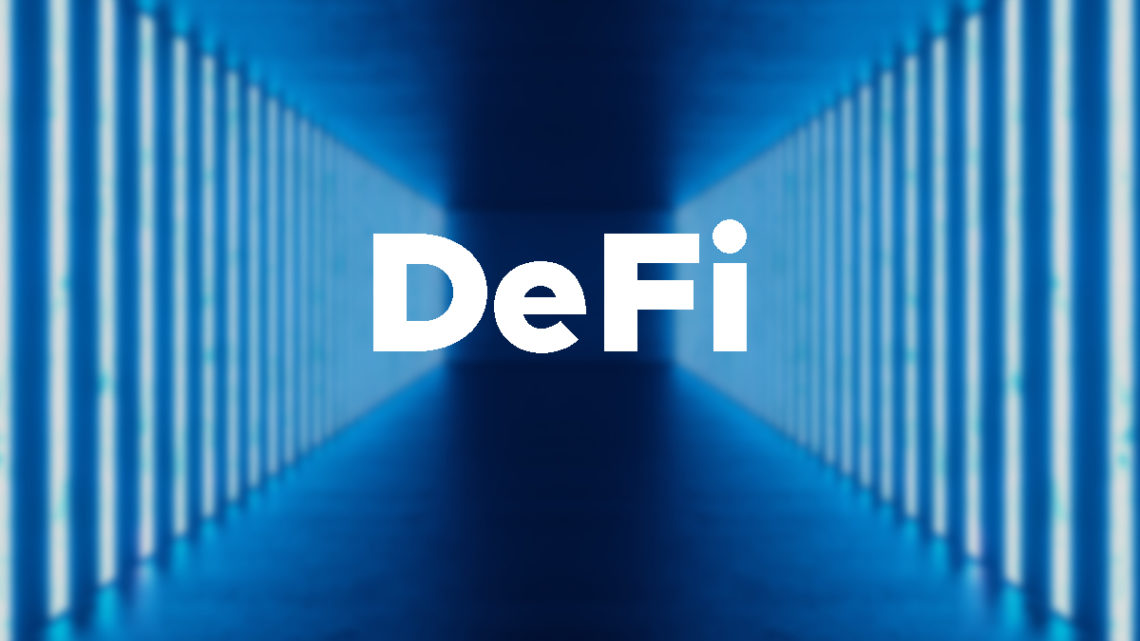- The end of 2020 saw a massive influx in the market of DeFi, increasing its awareness among populations and making it more user friendly
- The decentralized finances are becoming much more apt for the financial markets than the banks, which thrived behind closed walls in the past years
- The decentralized finances pose the power of being resistant to censorship, making them advantageous in front of the centralized ones
By the end of 2020, while the world was witnessing the pandemic, the financial market witnessed high surges in decentralized finances (DeFi), their awareness among the people, and their usage. The projects that are undertaken by DeFi focus on decentralizing the intermediate transactions in finance. The new model is stepping aside from the old model of seeking rents on transactions and moving towards the stakeholder’s financial model.
A very native model of finances for the internet
The basic idea of the decentralized financial movement is based on the building of a model that is familiar to the internet. Each of these models is skillfully governed by a large number of computer systems that are globally distributed. The new financial protocols are much different from the premium ones, it is much more layman and can be used by almost anyone and everyone. Identity revelation is not an essential aspect of the system. The stakeholders of this model do not want their clients to lose any of their funds, and they are the only ones who look after the trajectory of the firm’s future.
How DeFi is different from other blockchains
Blockchains like Litecoin, Ethereum, etc., allow any outsider to create a foreign service for finances. It is very much open to innovations and changes. There may be a decline sometimes, but these times of failure help them succeed in the long run. It is more like a hydra with three heads. When we cut off one head, another two grow in its place. On the other hand, when we consider banks, their closed walled systems face challenges from the open to changes market of blockchains. If banks are wishing to hold on to their position and their clients’ trust, they need to buck up and start making rapid decisions to stand a chance in the market of DeFi.
Resistance to censorship
The protocols of DeFi have the privilege of being resistant to censorship. It is only possible because the protocols are decentralized and do not require their facilities to be centralized. In the current years to come, this privilege of being resistant to censorship will be of utmost importance. It is believed that censorship is a slippery road and will pose challenges to the centralized systems in maintaining an open and free platform. In no time, this censorship of information will cater to the censorship of financial systems.


 Home
Home News
News










